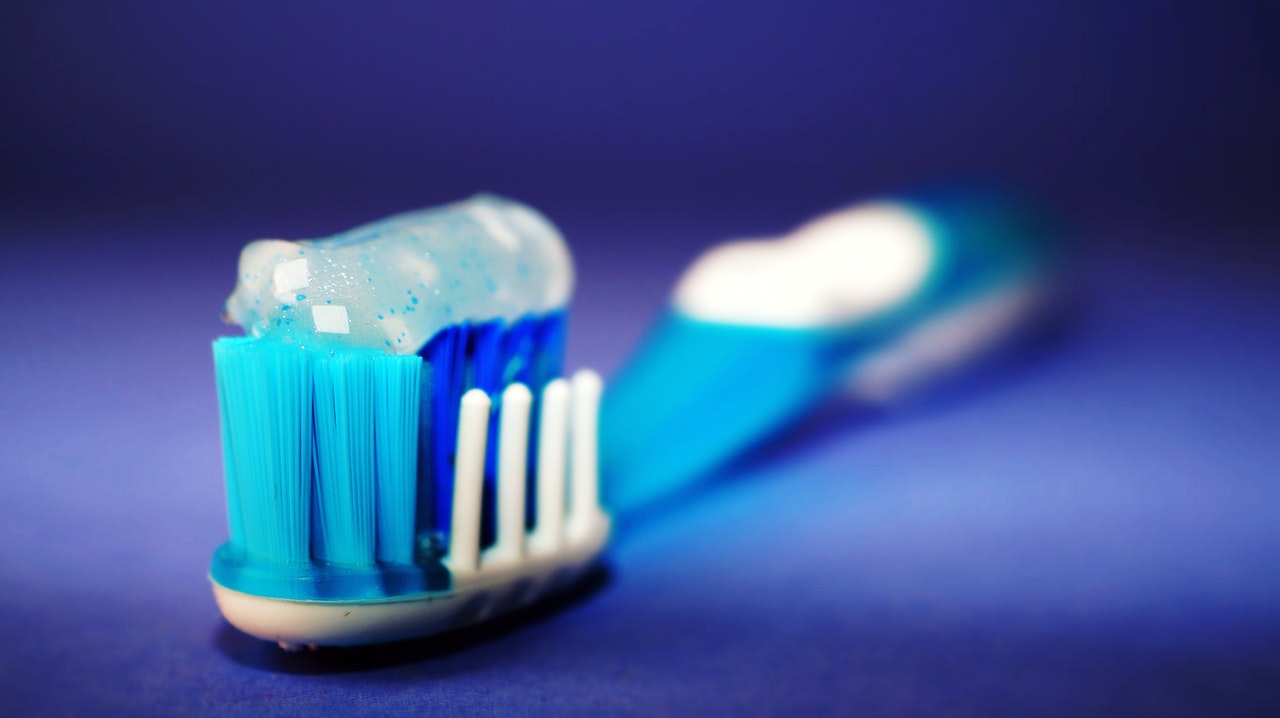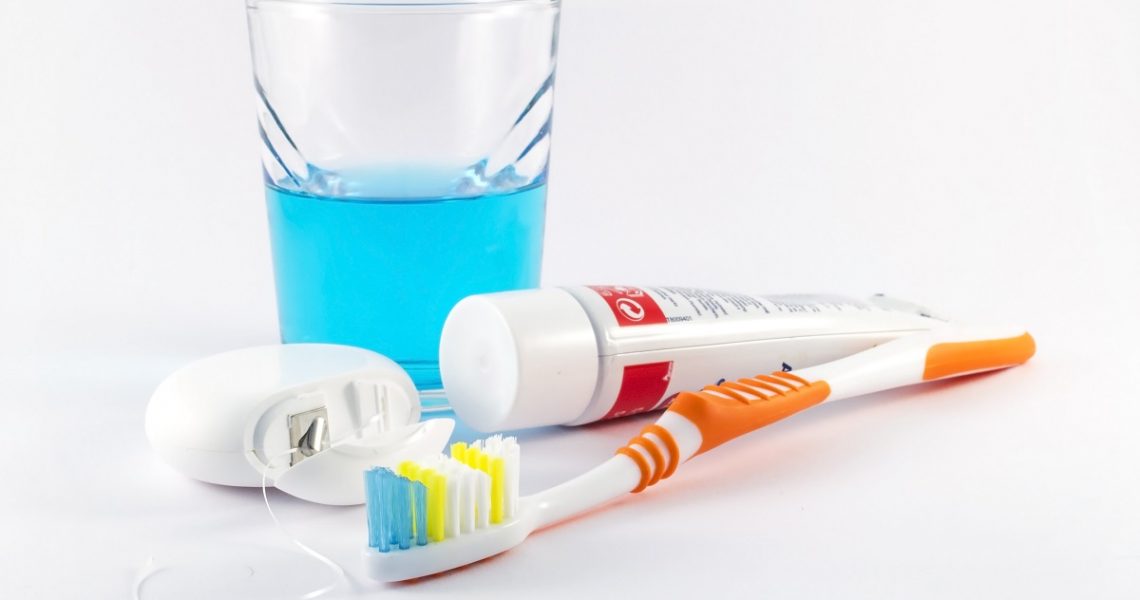When it comes to our hygiene, each of us has a unique everyday routine catered towards our bodily needs. Each person has their special biology, which means that they will need to maintain different parts of their body differently. But in most cases, we practice the same daily rituals. The same can be said when it comes to our dental health and hygiene.
Although we need to brush our teeth and ensure that it’s in good condition, most of us have our own “tolerance” when brushing teeth. When you’re buying a toothbrush, you’re often given a choice between hard-bristled and soft-bristled ones. The hardness of bristles is an essential consideration since our gums and teeth will have different sensitivity levels.
Studies have shown that hard and soft-bristled toothbrushes will have different results. So which one gives the most benefits? How do you choose the best “hardness” for your teeth? Here’s what you’ll need to know.
Soft Vs. Stiff Bristles: Which One Is More Beneficial?
Decades ago, people didn’t necessarily have any “preference” when it came to their brushes’ hardness; as long as it did its job, people were already satisfied. However, many studies have shown that stiff bristles were often the cause of damaged gums, especially among individuals with more sensitive gums.
As the decades pass, people now have a choice in choosing the type of toothbrush that they can buy. Besides being made out of different materials, most brushes also have different “shapes” that can help reach gaps between teeth or remove plaque. This makes it effective in cleaning teeth.
Contrary to what most people think, many factors need to be considered when it comes to the build of your toothbrush. This will determine how effectively you can clean your teeth. But one of the most important factors is the hardness of your bristles.
Many toothbrushes will come in many types and variants. Some of the more internationally-known brands, such as Oral B and Colgate, will usually place a lot of emphasis on their toothbrushes. Some toothbrushes are known for sporting a criss-cross design that helps comprehensively clean teeth.
But what are some main differences? Here’s what you’ll need to know.
Hard Bristles

First, let’s start with one of the most common types of bristles in the market: hard and firm bristles. Much of the popularity of this bristle comes from the fact that they are long-lasting and won’t wear out as easily as softer toothbrushes.
Since they’re more sturdy, they’re lauded for cleaning teeth more efficiently since you can apply a good amount of pressure when you’re brushing your teeth. However, one of the downsides of hard bristles is that this can slowly chip away at the integrity of your teeth and can sometimes be too hard on your gums.
Harder brushes can slowly wear away your tooth’s enamel, which serves as a buffer for your teeth against chemicals and bacteria. If there’s no natural barrier, this can lead to your teeth yellowing in the process.
If you brush your teeth too hard, this can lead to toothbrush abrasion, which is often characterized by bleeding and pain in your gums. In certain cases, gums can swell from the trauma and pressure, which can cause gum recession in the long run.
Soft Bristles
It’s important to remember that a toothbrush doesn’t have to be too hard when it comes to dislodging food particles in between your teeth and removing plaque. Soft bristles strike a good balance between not being harsh on your gums while still removing debris from your teeth. However, you might have to brush longer.
Besides having a longer brushing time, you’ll need to have the right brushing technique for softer bristled toothbrushes. Still, it’s important to remember that the hardness of the bristles doesn’t really matter as long as it’s getting the job done.
When Should You Get Professional Help?
If your gums are bleeding and won’t heal, or your teeth are susceptible to the brushing process, you might want to consider getting professional help from a dentist or periodontist. Fortunately, some dental clinics are equipped with state-of-the-art equipment, tools, and medication to help you with your dental needs.
Having professional help and supervision can help you decide the hardness of your toothbrush. Remember: overbrushing your teeth can do more harm than good, so having a dentist’s guidance can help strike a good balance in your dental hygiene.
There are many factors to consider when it comes to what type of bristles you should choose. When choosing between hard, soft, or extra soft bristles, most experts suggest going for a softer toothbrush, especially if you have more sensitive gums. Overexertion of force when brushing with hard-bristled toothbrushes can inadvertently do more than harm than good.

